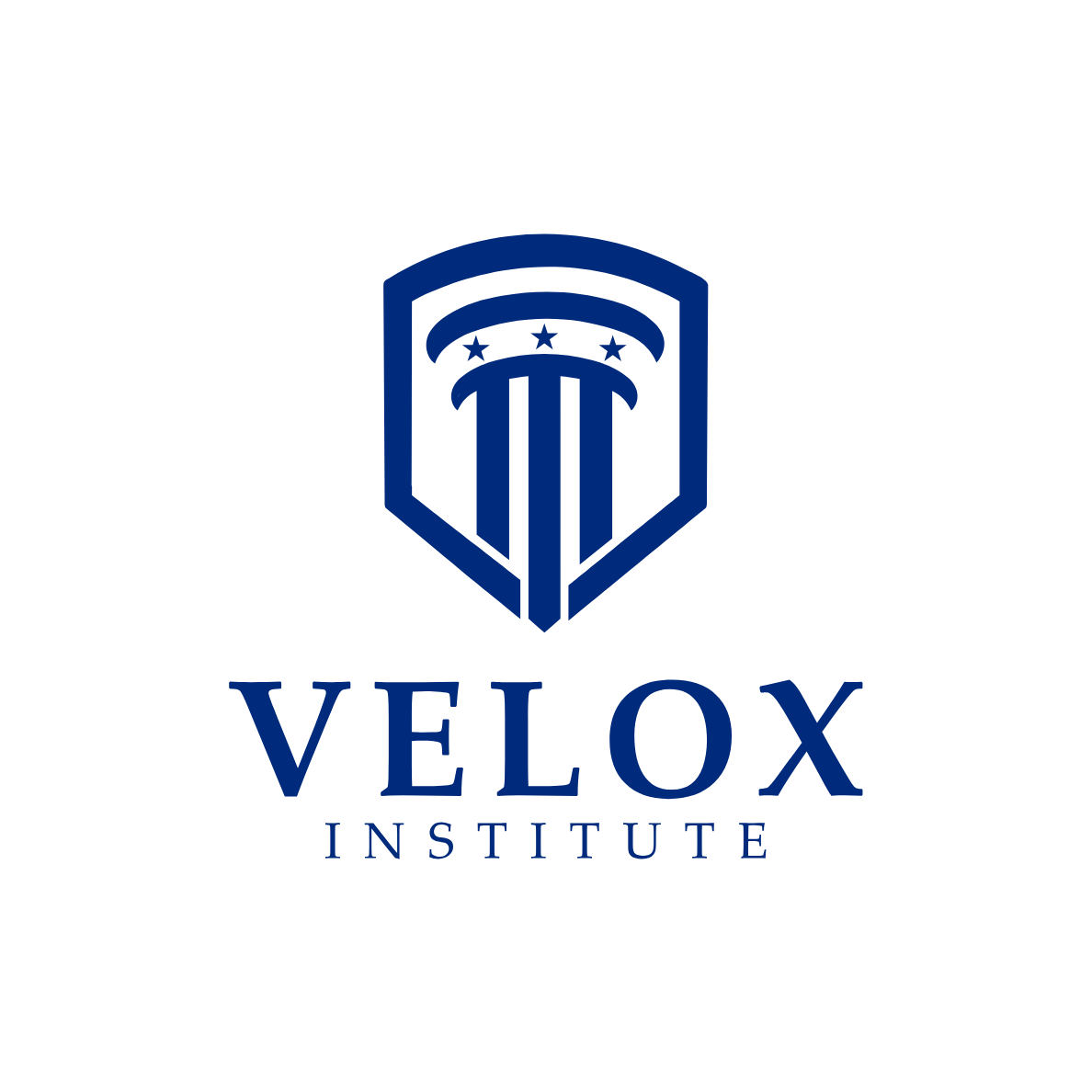Did They Even Read Your Resume?
- Velox Institute

- Mar 1, 2025
- 3 min read
Updated: Jan 8
In today's fiercely competitive job market, countless hours go into perfecting the ideal resume or CV. For many applicants, it is frustrating to think that all that effort might get overlooked. With the increasing use of AI in the hiring process, a crucial question remains: “Did they even read your resume?” As companies adopt automated systems, understanding how these technologies operate becomes vital for job seekers.
The Role of AI in Resume Screening
AI technology is reshaping recruitment by streamlining candidate selection. AI resume screening tools assess CVs for specific keywords, structures, and skills to identify candidates who best match job descriptions. This not only reduces the workload for HR teams but also aims to eliminate bias and enhance overall hiring efficiency.
However, this reliance on algorithms raises concerns. A finely tuned resume can get filtered out if it does not contain the appropriate keywords and formatting. Studies show that up to 70% of resumes are rejected before reaching human recruiters due to keyword mismatches. Job seekers must adapt their tactics to optimize their CVs for these technologies to stand out in a crowded field.

The Importance of Keywords in Your Resume
What exactly does AI look for in your resume? One of the most important elements is the use of relevant keywords that align with the job description. These keywords can be skills, experience, or industry-specific terminology, such as:
Technical Skills: If a job description requires proficiency in a specific software, like Adobe Photoshop or Salesforce, ensure those terms are in your CV.
Qualifications: Include professional certifications relevant to the position, such as PMP (Project Management Professional) or CPA (Certified Public Accountant) etc.
Format: Headers can influence the outcome of your resume scanning. Use straightforward and standard headers like “Professional Experience.” Avoid PDF formats as they can be challenging for robots to read. Stick to standard fonts like Times New Roman or Arial in a font size of at least 10.
Timeline: Dates are essential as software calculates your work experience timeline to see if it meets the company’s requirements. Researching the company’s preferred work experience will help you avoid underrepresenting your qualifications.
Take the time to research the position you are applying for. Tailor your resume based on the job posting so you can boost your chances of moving past AI filters and into human hands. According to recent statistics, customizing your resume can increase your chance of getting an interview by 30% or more.
Crafting a Human-Friendly Resume
Even though AI is pivotal in the initial screening process, remember that human recruiters also reviews your resume and are the ones to make the final decisions. With that in mind, it is crucial to design a resume that appeals to both machines and people. To craft a resume that captures attention from both AI and human reviewers, consider these tips:
Be Clear and Concise: Use simple language to convey your message effectively. Avoid jargon that may confuse both AI and human reviewers.
Highlight Achievements: Instead of generic duties, focus on quantifiable accomplishments. For instance, instead of saying, “Managed a project,” specify, “Led a project team that completed a $500,000 initiative three weeks early and under budget.”
Tailor Each Application: Customize your resume for each job, emphasizing relevant skills and experiences. Approach the hiring manager as the first step if possible.
The Future of AI in Recruitment
As AI technology continues to improve, its role in the hiring process will grow. Understanding how these systems work can significantly enhance your chances of securing an interview.
Employers are increasingly using AI tools to assess personality traits and cultural fit through various evaluations. For example, new AI systems can analyze candidates for qualities like emotional intelligence, which is becoming crucial for teamwork. Being aware of these trends can help job seekers remain competitive.

Understanding the Limits of AI
While AI enhances recruitment efficiency, applicants must recognize its limitations. Some strong resumes might be automatically rejected for not meeting specific formatting or keyword requirements. Thus, achieving a balance between keyword optimization and genuine representation of skills is essential.
Navigating the Job Market with Confidence
The challenge is knowing who will review your resume. Larger companies are more likely to use technology, so tailor your resume to satisfy the software. Smaller companies are more people-oriented, so personalization works best. Have multiple versions of your resume and do some research to know which version to use.
Navigating the job market can seem overwhelming, but with the right strategies and planning with Velox Institute, you can develop a resume that stands out to both AI and human recruiters. Your next opportunity is just ahead!



